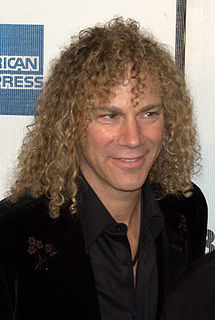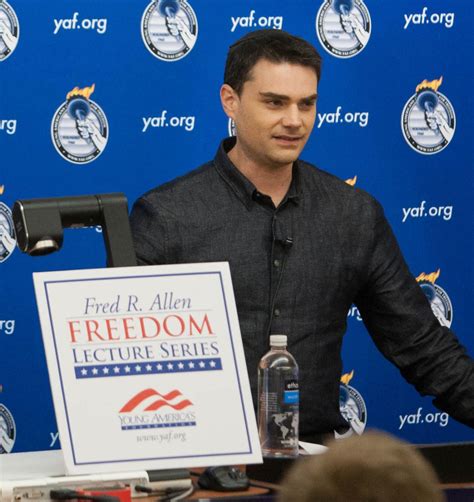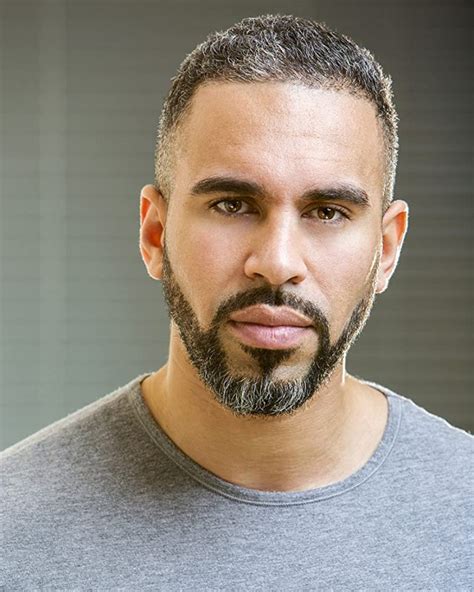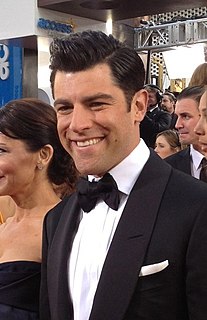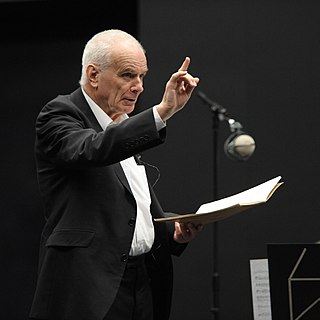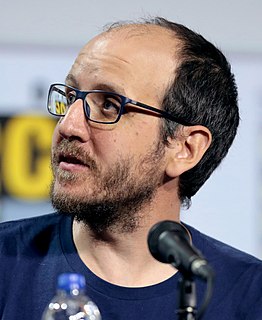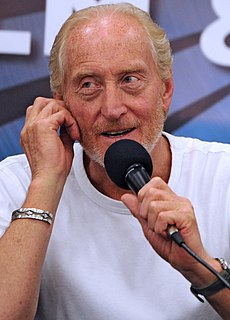A Quote by David Bryan
When it comes to writing musicals, you write the best piece you can. Then, its destiny is in the hands of the actors and the director.
Related Quotes
As a director you already have a script, you have actors... you have collaborators when you're a director. When you're writing there's no one to collaborate with, there's no material to look at. I haven't adapted something yet, so, I'm sure that would be helpful. When you're writing an original piece you have nothing.
I think that what's important as a director is to give your actors the feeling that they're protected, the feeling of confidence, the feeling that if they make mistakes, then as a director, you'll know how to help them. If you're able to convey that, then the actors will give you wonderful performances. As well as the author, you have to write scenes that give the actors the opportunity to show what they're capable of.
Action is cool but it's all down to the director's interpretation at the end of the day, so you have to serve his visions and do what you can. So, you do your job to the best of your ability, you perform the fight and then it's out of your hands. It's then down to the director or the producer. You can give your opinion but often it's not heard. Actors have their riders and all kinds of contract terms and one of my big ones as I continue to make a name for myself as a top action guy is that I design my own action in films and oversee the edit.
Theater is about interpretation and what an actor and what a director brings to a piece too. I'm open to it every time I work with a director and a group of actors. I have to be open to that interpretation. I'm not one of those hysterical playwrights that come and say, "This is not what I intended to do." It's one rendition of the piece.
The dream, I think, with any project is it starts with an idea, and then somebody writes it, and the writer hopes that a director comes on and makes this piece of material visual, and both the director and writer hope that they can have actors come in and bring something to it that neither one of them expected, elevating it along the way.
I find it rather tedious working with some actors who have to go into a corner and bounce up and down, shake their hands and arms, saying to the director, "Just a second - I'll be ready in a few minutes, " while all the other actors are waiting around to get in. Then they say, "OK! I'm ready now." And then they come on and do it exactly the same way they've done it in rehearsal.
I had done it all in my career. I always felt, as a kid, that that's what a director needed to be. Hitchcock could do anything in my mind. He's the director. That person has to be the best actor, the best designer, the best cinematographer. Then I came to realize that isn't the case. You just need to surround yourself with the best.
The secret to writing is just to write. Write every day. Never stop writing. Write on every surface you see; write on people on the street. When the cops come to arrest you, write on the cops. Write on the police car. Write on the judge. I'm in jail forever now, and the prison cell walls are completely covered with my writing, and I keep writing on the writing I wrote. That's my method.
The quality of writing attracts me to films, also who the other actors are, who the director is, where it's being shot. Any or all of those things. But if the writing is really appalling, then the money had better be really good. Sometimes you say yes to something you wouldn't always do because you need the money.
